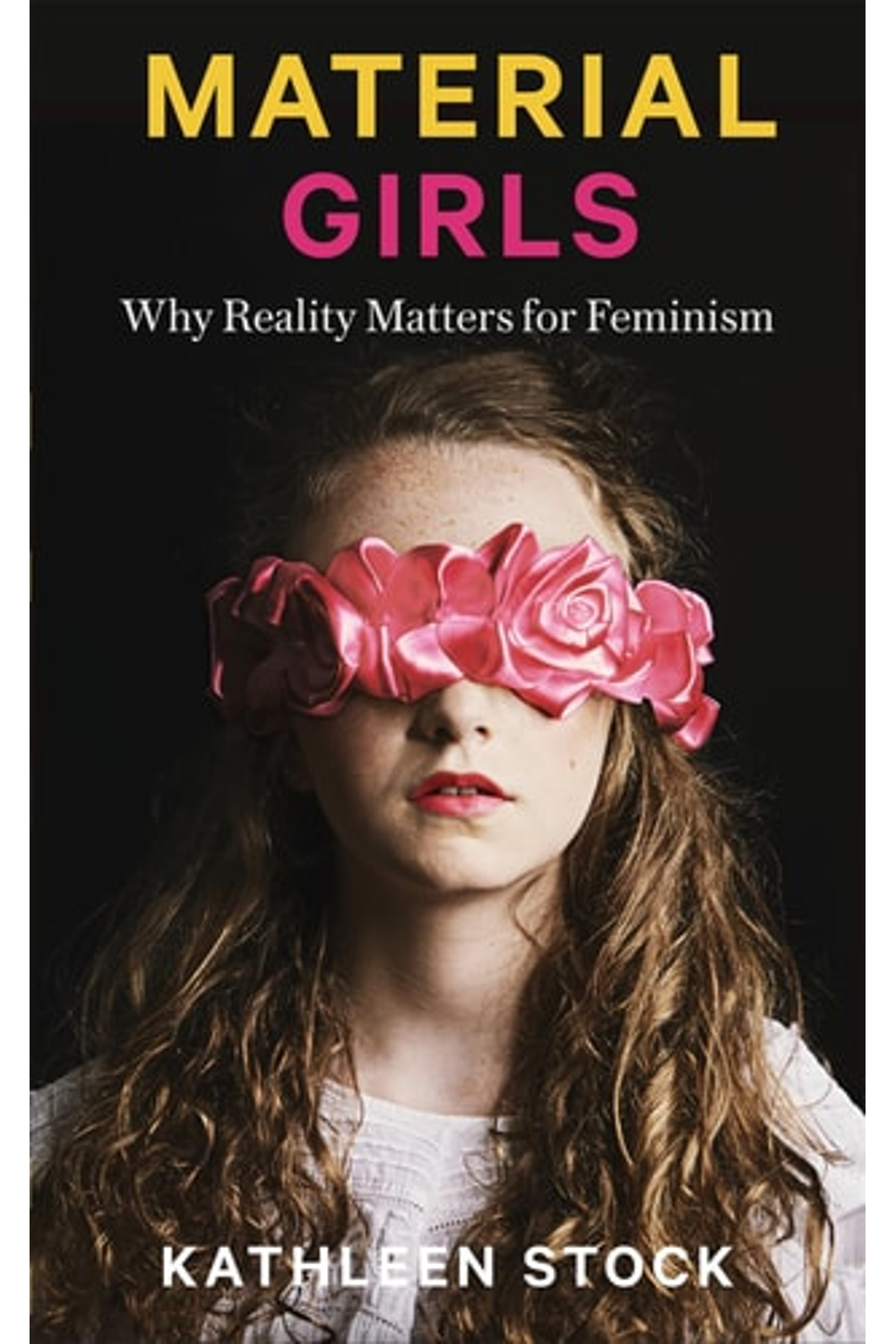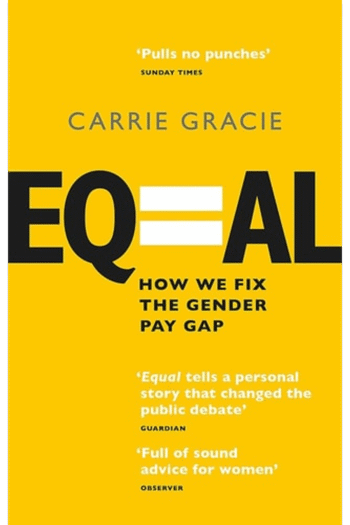Explore the sharp and controversial debates around sex, gender, and feminism with Kathleen Stock’s *Material Girls: Why Reality Matters for Feminism*. This 2021 hardcover release, published by Fleet, challenges the dominance of gender identity theory in contemporary thought, sparking critical discussion about its implications for women’s rights, healthcare, and social policy. Stock, a philosophy professor known for her incisive analysis, delves into the philosophical roots of these debates, dissecting the arguments of key figures like Simone de Beauvoir and Judith Butler, while advocating for the continued relevance of biological sex in crucial areas of life. *Material Girls* doesn’t shy away from complex issues, tackling sensitive topics such as women’s spaces, fair competition in sports, and the importance of sex-based data collection. Reviewers have praised its clarity and intellectual rigor, making it accessible to a wide audience. Weighing approximately 440g and spanning 320 pages, this book is a powerful call for reason and open dialogue in a climate often characterized by polarization. It has ignited passionate conversations about the future of feminism and its relationship to trans rights. A must-read for anyone seeking a nuanced and thought-provoking perspective on these critical issues.
Material Girls: Why Reality Matters for Feminism
22,70 $
In stock
‘A clear, concise, easy-to-read account of the issues between sex, gender and feminism . . . an important book’ Evening Standard
‘A call for cool heads at a time of great heat and a vital reminder that revolutions don’t always end well’ Sunday Times
Material Girls is a timely and trenchant critique of the influential theory that we all have an inner feeling known as a gender identity, and that this feeling is more socially significant than our biological sex.
Professor Kathleen Stock surveys the philosophical ideas that led to this point, and closely interrogates each one, from De Beauvoir’s statement that, ‘One is not born, but rather becomes a woman’ (an assertion she contends has been misinterpreted and repurposed), to Judith Butler’s claim that language creates biological reality, rather than describing it. She looks at biological sex in a range of important contexts, including women-only spaces and resources, healthcare, epidemiology, political organization and data collection.
Material Girls makes a clear, humane and feminist case for our retaining the ability to discuss reality, and concludes with a positive vision for the future, in which trans rights activists and feminists can collaborate to achieve some of their political aims.
Related products
Cheep! Cheep! Chick
33,51 $Equal
32,85 $
- Additional information
- Currencies
- USD – United States dollar
- EUR – Euro
- GBP – Pound sterling
- CNY – Chinese yuan
- BRL – Brazilian real
- MXN – Mexican peso
- JPY – Japanese yen
- PHP – Philippine peso
- THB – Thai baht
- PLN – Polish złoty
- CAD – Canadian dollar
- MYR – Malaysian ringgit
- AUD – Australian dollar
- TWD – New Taiwan dollar
- CZK – Czech koruna
- SEK – Swedish krona
- HUF – Hungarian forint
- ILS – Israeli new shekel
- CHF – Swiss franc
- HKD – Hong Kong dollar
- DKK – Danish krone
- SGD – Singapore dollar
- NOK – Norwegian krone
- NZD – New Zealand dollar





